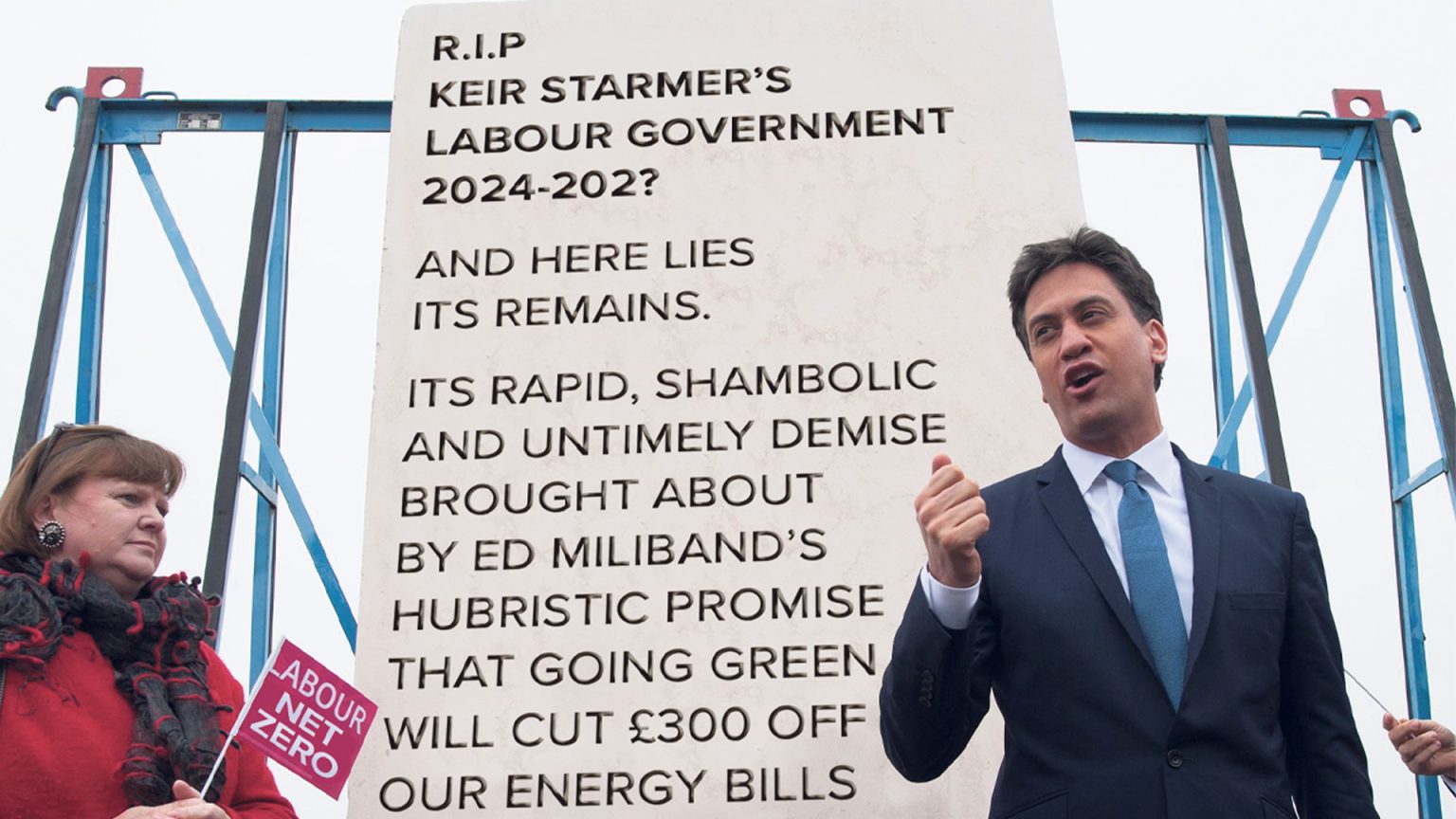The UK government’s pursuit of Net Zero, championed by Ed Miliband, is facing increasing criticism as energy prices continue to soar, contrary to the promised savings. The Bank of England has directly contradicted Miliband’s claims, highlighting how carbon levies significantly contribute to the cost of fuel for gas-fired power stations, driving up overall energy bills for consumers. Miliband’s narrative blames fossil fuel reliance and volatile global markets influenced by dictators, but the Bank of England’s assessment points to government policies as the primary culprit. This disconnect between rhetoric and reality is eroding public trust and fueling concerns about the affordability and security of the UK’s energy supply.
The irony of Britain’s energy predicament is stark. Despite having a high proportion of electricity generated from wind, the country grapples with the highest electricity prices among International Energy Agency members. This exposes the flawed logic of focusing solely on the marginal cost of renewable energy generation without considering the substantial expenses associated with energy storage and backup systems required to compensate for the intermittent nature of wind and solar power. Miliband’s proposal to maintain gas power stations on standby, rarely used but ready to fill the gaps in renewable generation, is an incredibly costly solution akin to maintaining a car solely for occasional short trips.
The current energy crisis has exposed the fragility of a system overly reliant on renewables. Recent cold, windless weather pushed the UK’s energy grid to the brink of blackouts, forcing energy companies to resort to expensive imports and highlighting the inadequacy of wind and solar power in meeting demand during challenging weather conditions. The astronomical cost of “constraint payments” to compensate renewable energy providers when their output exceeds grid capacity further underscores the economic burden of this approach. These escalating costs, projected to reach billions of pounds annually, are ultimately passed on to consumers, exacerbating the cost-of-living crisis.
Miliband’s vision of the UK as an energy superpower exporting surplus renewable energy is proving to be a fantasy. The reality is that neighboring countries, also investing in wind power and experiencing similar weather patterns, often have surpluses simultaneously, eliminating export opportunities. Furthermore, the UK’s increasing reliance on imported electricity via subsea cables contradicts the goal of energy independence. The government’s Net Zero policies are undermining domestic energy security, making the country more vulnerable to external factors and price fluctuations in the global energy market.
The detrimental impact of the Net Zero agenda extends beyond energy prices. It is crippling key industries, including manufacturing and steel production, while also placing undue burdens on farmers and households struggling to afford inflated energy costs. While some within the government are starting to acknowledge the need for a more flexible approach, indicated by potential revisions to gas boiler bans and electric vehicle targets, Miliband remains a staunch advocate for an inflexible and ultimately unsustainable energy policy. His unwavering commitment to Net Zero poses a significant threat not only to the UK economy but also to the political stability of the current government.
The growing disconnect between the government’s Net Zero rhetoric and the lived experience of escalating energy costs and supply vulnerabilities is fueling public discontent. The government’s credibility is being eroded by the demonstrable failure of its energy policies to deliver on promises of lower bills and increased energy security. As the economic and social consequences of these policies become increasingly apparent, the pressure to re-evaluate the Net Zero agenda and prioritize pragmatic solutions that balance environmental goals with economic realities will intensify. The future of the UK’s energy landscape, and potentially the government itself, hinges on the willingness to adapt and embrace a more balanced and realistic approach to energy policy.




